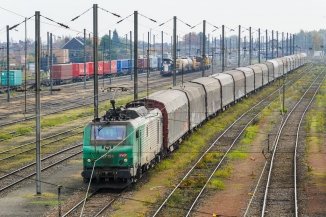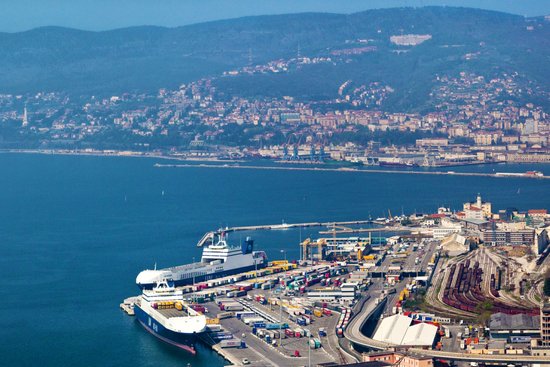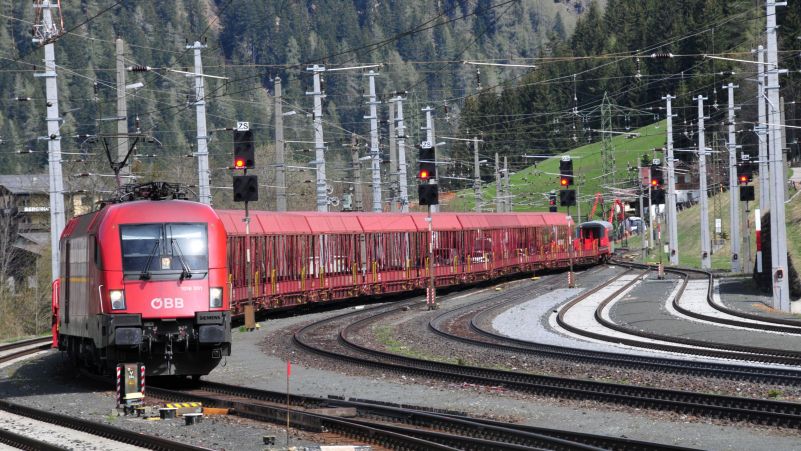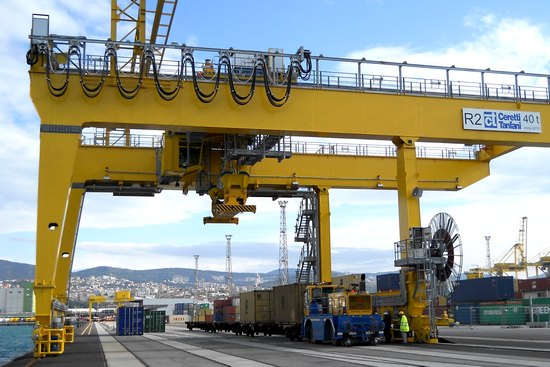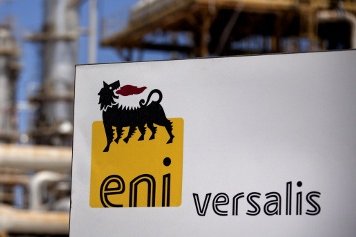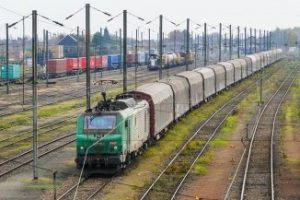On March 12, 2024, the European Parliament will vote on the European Commission's proposal to reform the rules on weights and dimensions of commercial vehicles. The new Directive would allow for the international transport of longer and heavier vehicle combinations than currently permitted (although some European countries already allow these on a national basis). Rail and intermodal transport associations have mobilized against this proposal, arguing it will encourage the shift of freight from rail to road.
On March 8, 2024, the Italian associations Fermerci and Fercargo joined the protest, claiming the new directive "will deal a heavy blow to the rail sector." In a statement, the two associations argue that "these regulations do not promote road safety and harm the environment by limiting the development of intermodal transport and increasing the risk of road congestion. Therefore, the proposal seems to starkly contradict the environmental sustainability goals set out by the European Green Deal, which identifies rail freight as an unparalleled mode of transport in reducing the environmental impact of transport chains in Europe, thanks to its CO2 emissions and energy efficiency performance."
Supporting this stance, the groups cite an estimate from Rail Freight Forward (a coalition of leading European rail companies), suggesting "the Directive's negative impacts on European roads could amount to more than ten million additional trucks, resulting in about 6.6 million extra tons of CO2 compared to current levels." This would "compromise the development of rail freight transport and negate the scope of investments made so far to enable the growth of intermodal transport and modal shift from road to rail."
Other studies highlighted by Fermerci and Fercargo indicate that this reverse modal shift (from rail to road) "could lead to a 16% decrease for intermodal transport and a 21% decrease for rail freight transport. This would exacerbate an ongoing crisis in the sector, further aggravated by recent tensions in Europe and the Middle East."
Additionally, disruptions to rail traffic from ongoing infrastructure works planned until 2026 have "already resulted in a loss of competitiveness for rail freight compared to other modes of transport." The two associations are thus calling on European and international institutions to "make a clear and consistent transport policy choice, otherwise the crisis facing rail logistics operators becomes irreversible."


